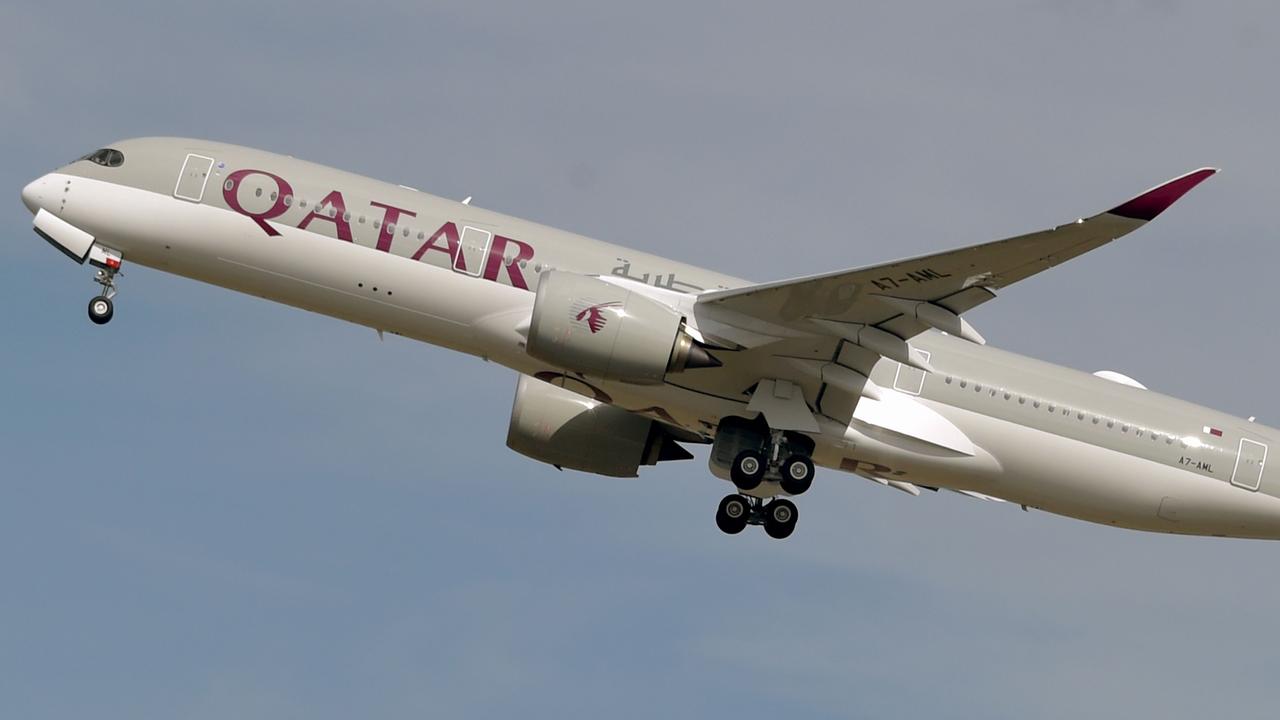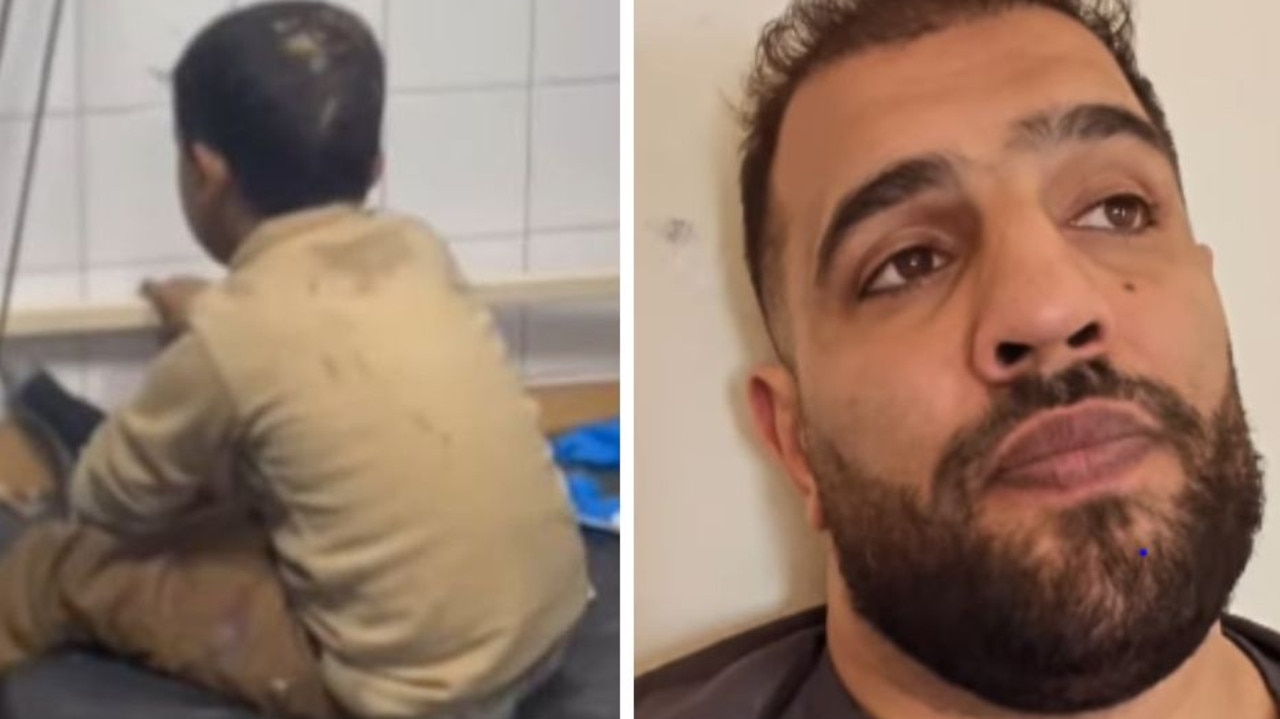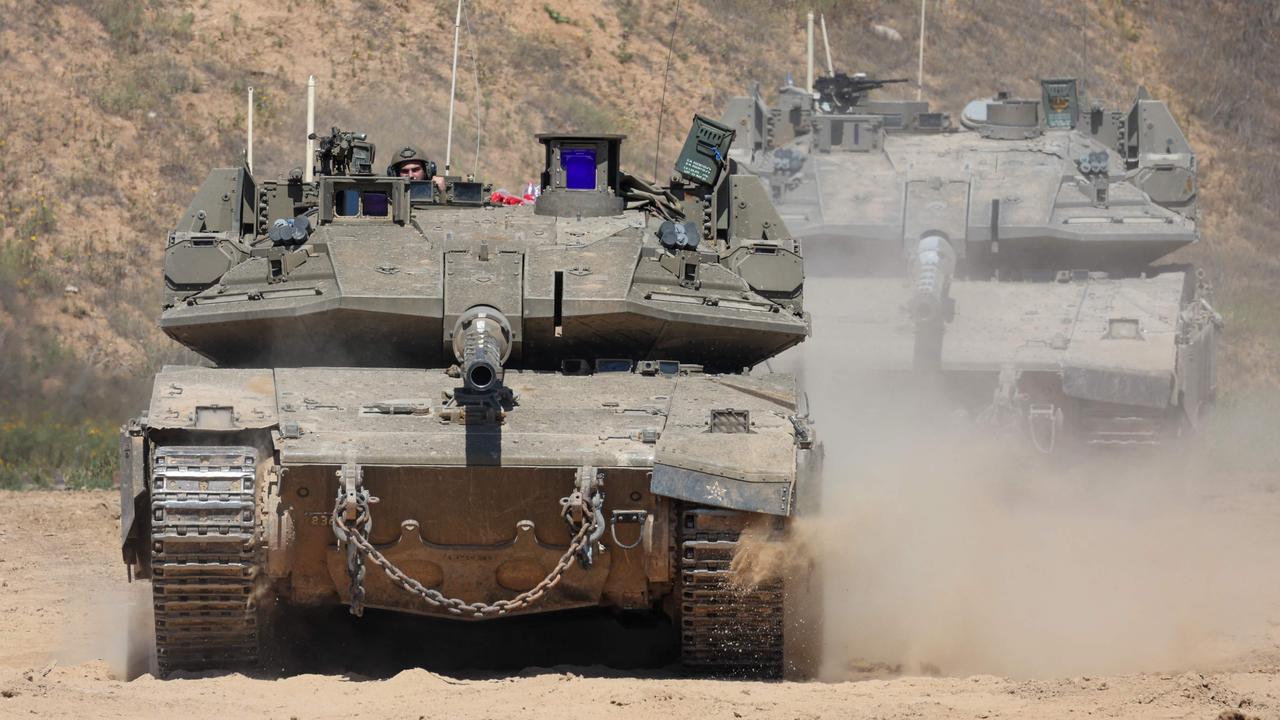Israel wipes out 80 per cent of Syria’s military, including its entire navy
The entire Syrian navy has been decimated in an attack by Israel, with 80 per cent of the Assad regime’s military destroyed in the past two days.

After two days of relentless bombing, Israel has destroyed Syria’s entire navy and crippled the country’s other key military assets.
The Israeli Defence Force has carried out 350 strikes of “strategic targets” since Saturday afternoon as Syrian opposition rebels seized control of Damascus and brought an end to the dictatorship of Bashar al-Assad.
In an operation dubbed ‘Bashan Arrow’, the IDF first took out air defences before shifting focus to weapons stockpiles, armouries and missile production facilities in the capital as well as Homs, Tartus, Latakia and Plymyra.
Overnight, the Israeli Navy destroyed 15 vessels in ports on the coast, which formed virtually the entirety of Syria’s naval force.
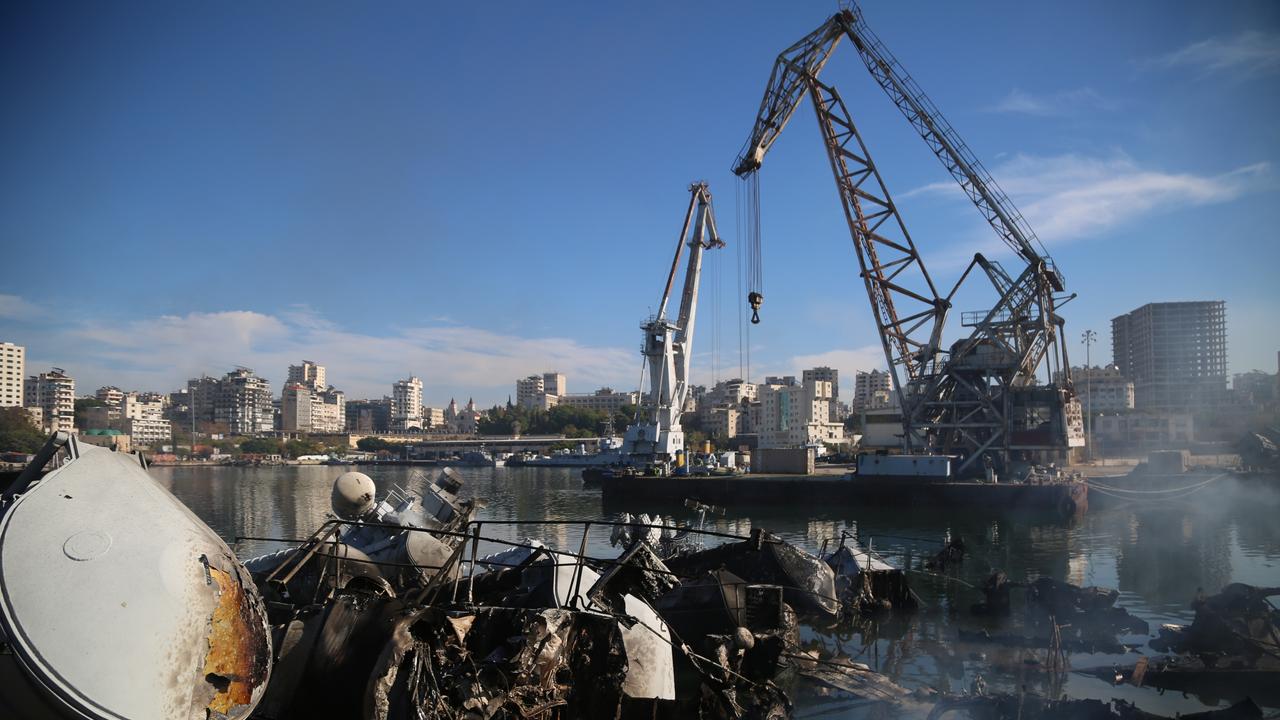
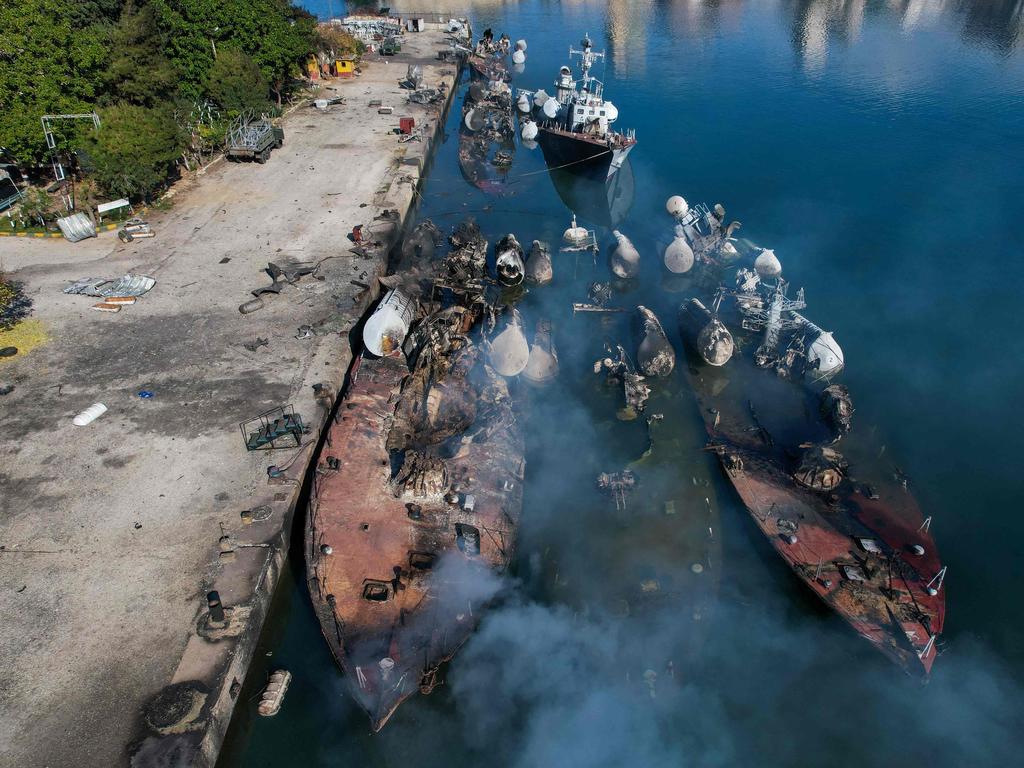
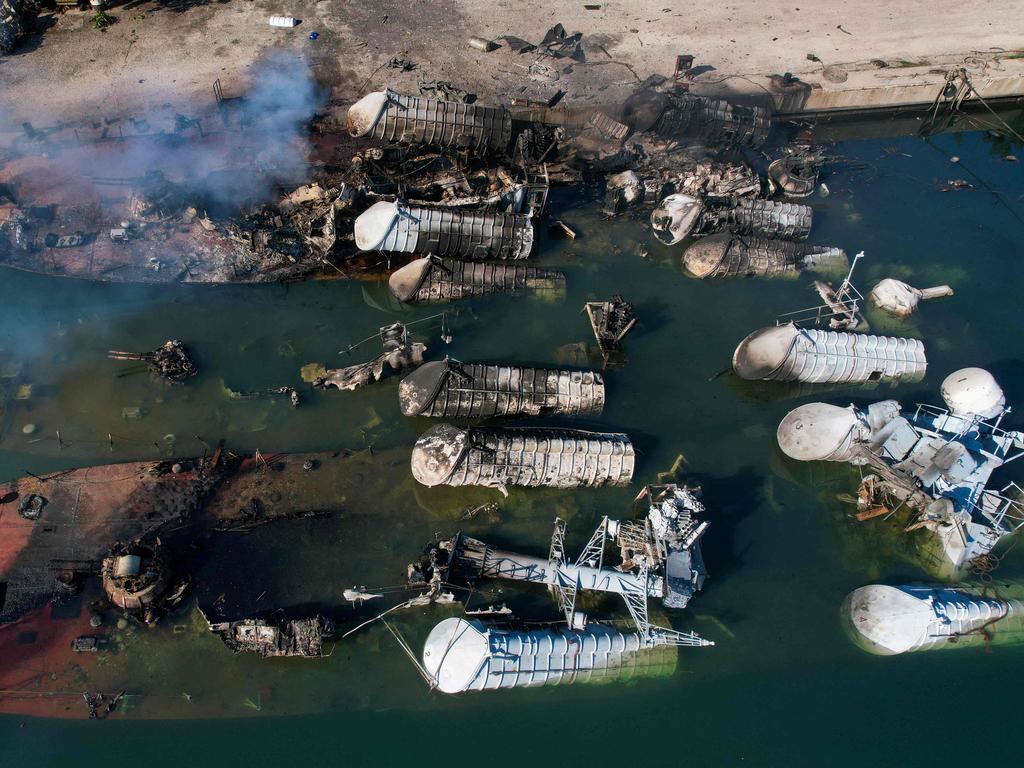
As a result of the two-day campaign, an estimated 80 per cent of the former regime’s defence force capabilities have been destroyed, the IDF said, to keep it “out of the hands of extremists”.
“The IDF has acted in the last few days to attack and destroy strategic capabilities that threaten the state of Israel,” Defence Minister Israel Katz said.
Under Assad’s rule, Syria became a key ally of Iran and a thoroughfare for weapons sent to terrorist groups, including Hamas in Gaza and Hezbollah in Lebanon, Israel has said.
Its key concern since the fall of the regime has been that Syrian weapons could be seized by “hostile” forces in the country.
Israeli Prime Minister Benjamin Netanyahu has extended a tentative olive branch to Syrian rebels, saying he “would like to form relations with the new regime”, while issuing a stern warning.
“If this regime allows Iran to re-establish itself in Syria, or allows the transfer of Iranian weapons or any other weapons to Hezbollah, or attacks us — we will respond forcefully and we will exact a heavy price from it,” Mr Netanyahu said in a video statement.
Rebels appoint interim PM
The group responsible for toppling the Assad regime, Hayat Tahrir al-Shams (HTS), has appointed a caretaker prime minister.
Mohamed al-Bashir will lead the country until at least next March, the group said, in a bid to ensure a peaceful transition of power.
In a televised address, Mr al-Bashir said his priority was to restore “stability and calm” and revealed he has met with members of the former Assad regime.
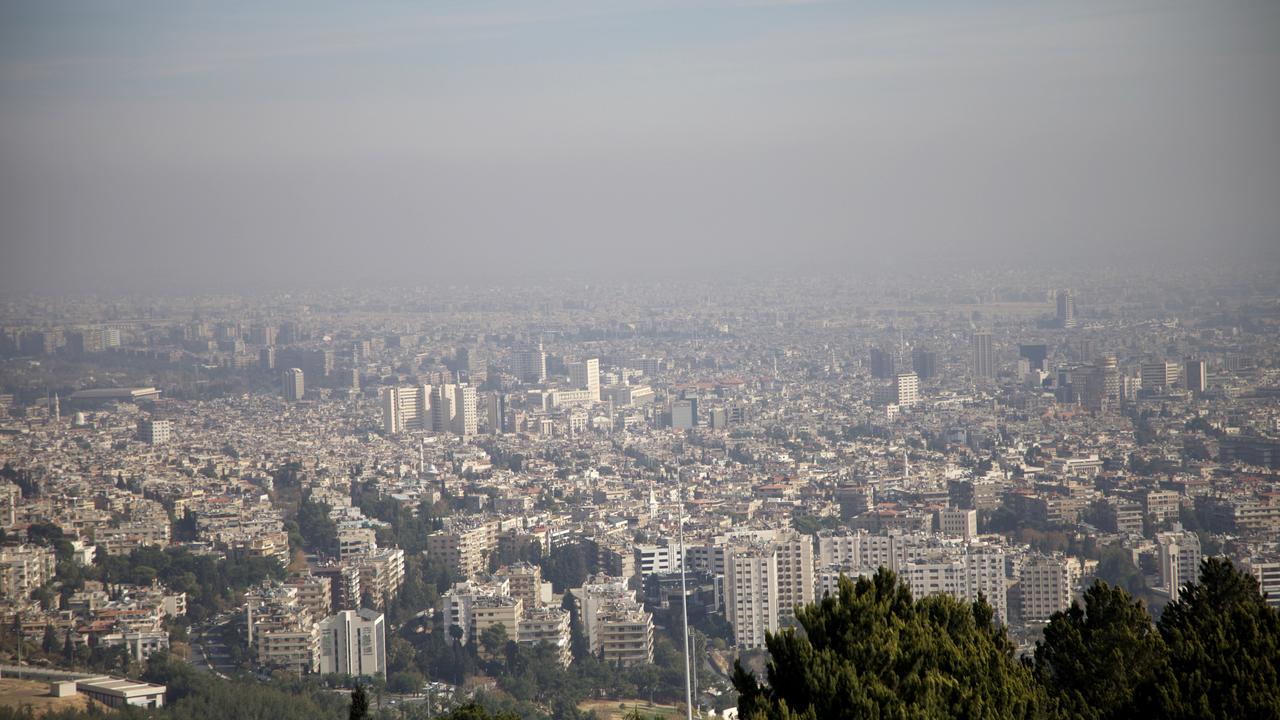
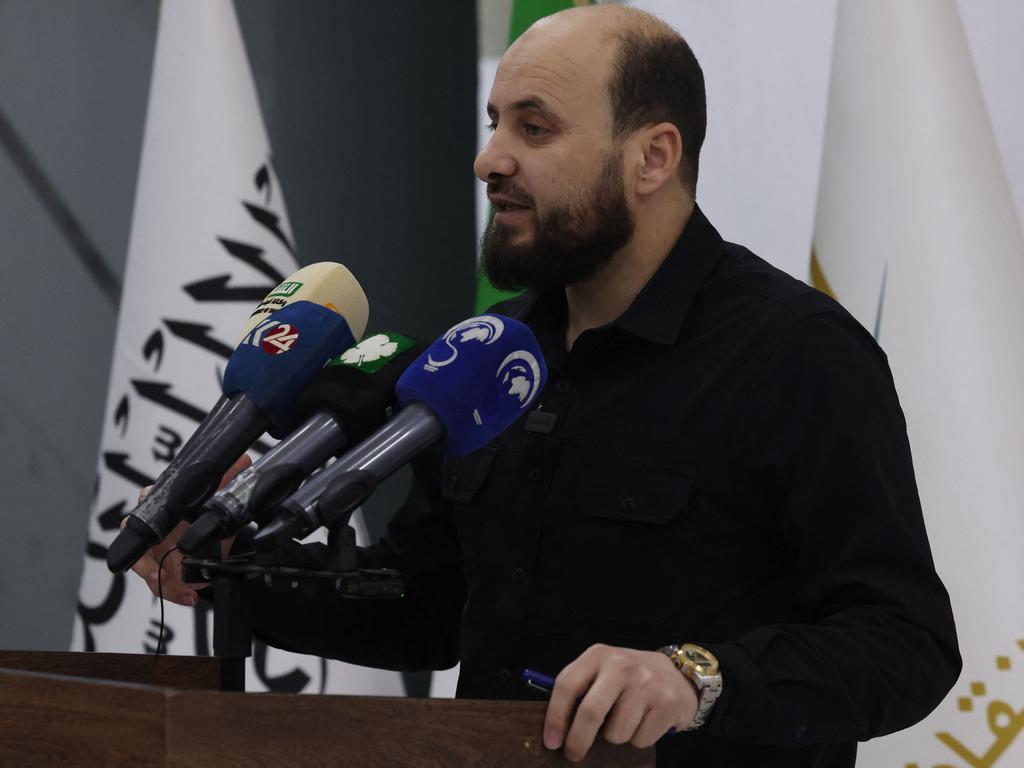
“The meeting was under the headline of transferring the files and institutions from the government of the ousted regime to the transitional government in order to receive these files and conduct business,” he said.
“This means that there will be a Syrian government that will handle these files and manage the business during a transitional period, God willing, that may end on March 1.”
Mission to find kidnapped journalist
The White House has begun urgent talks to determine the whereabouts of missing American journalist Austin Tice, who was kidnapped in Syria in mid-2012.
US officials are engaging with authorities in Turkiye and other neighbouring allies as part of efforts to reach out to the rebels who toppled the Assad regime.
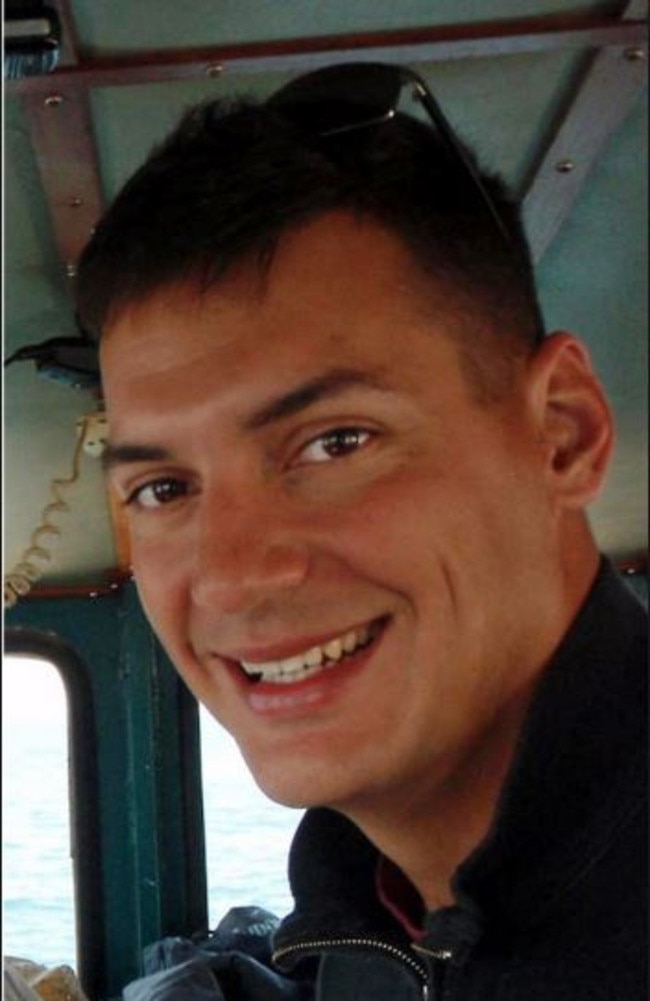
The end of the dictatorship might “present an opportunity” for the White House to find Tice or at least determine what happened to him, spokesperson John Kirby said.
The US believes Tice is still alive and his parents last week held a media conference to reveal they had credible information from high-level sources to indicate as much.
Tice is a former US Marine who worked as a freelance journalists, filing on the Syrian civil war for global media organisations, including The Washington Post.
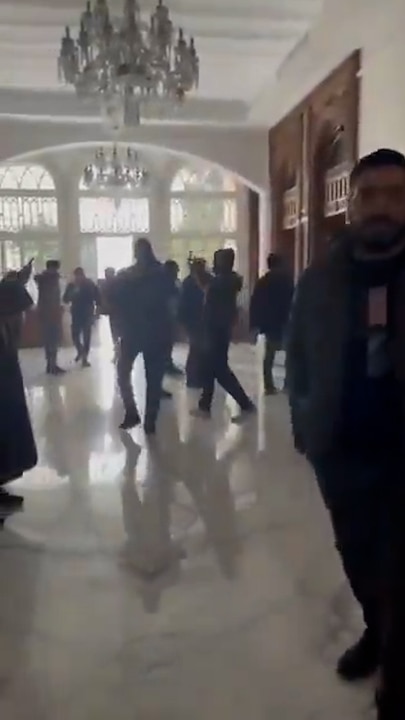
Eerie look inside Assad’s palace
Photojournalists have released images from inside Syria’s trashed presidential palace, home to Assad and his family until Sunday.
The pictures include glimpses of formal spaces, bedrooms and living areas, as well as a number of eyebrow-raising ‘souvenirs’.
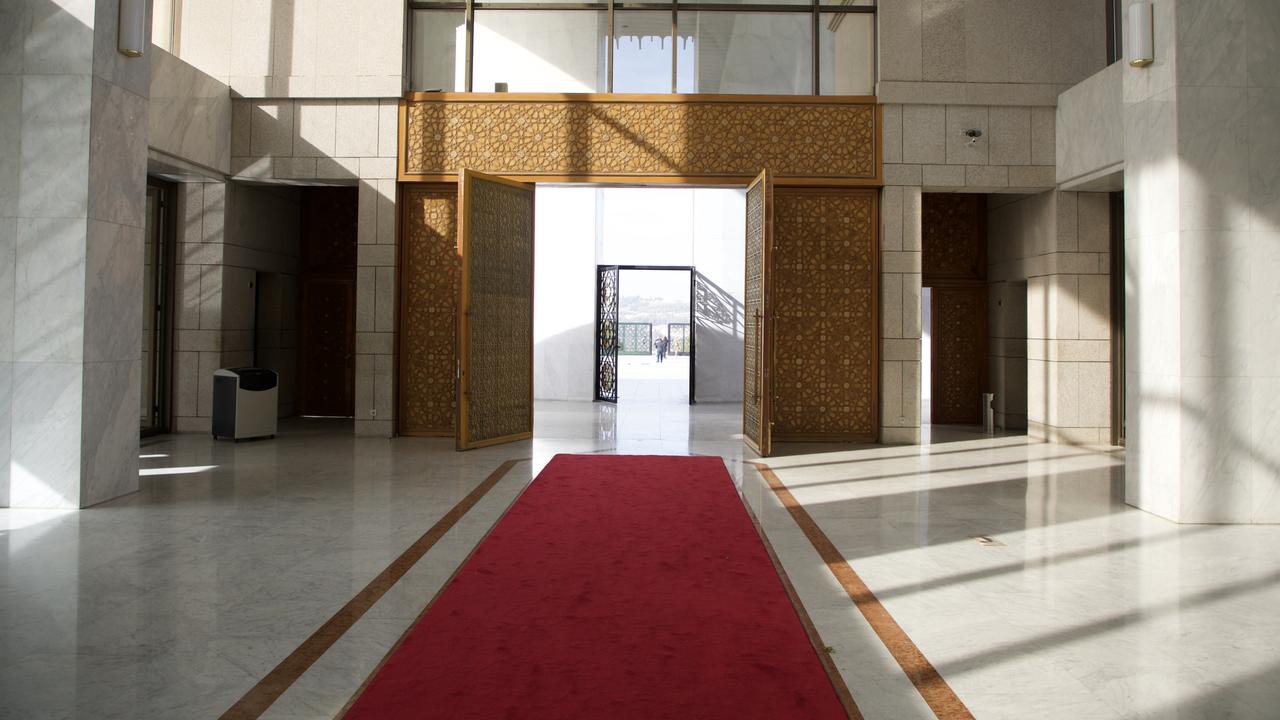
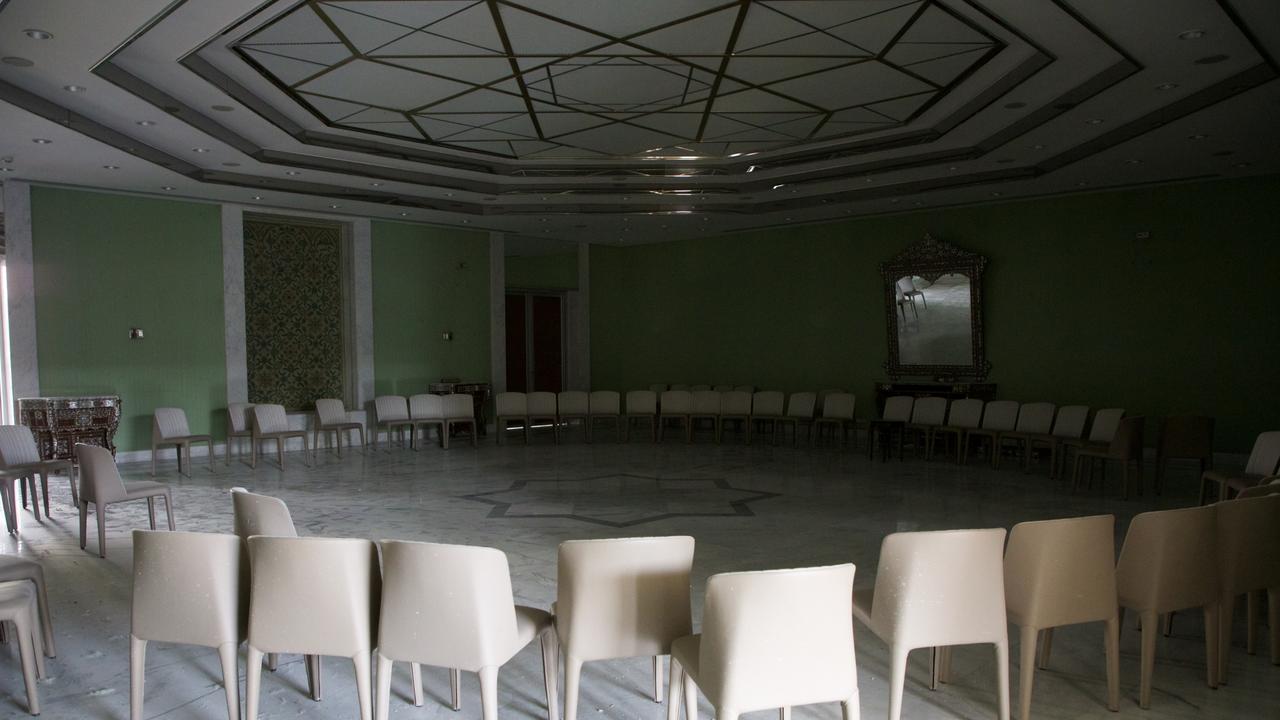
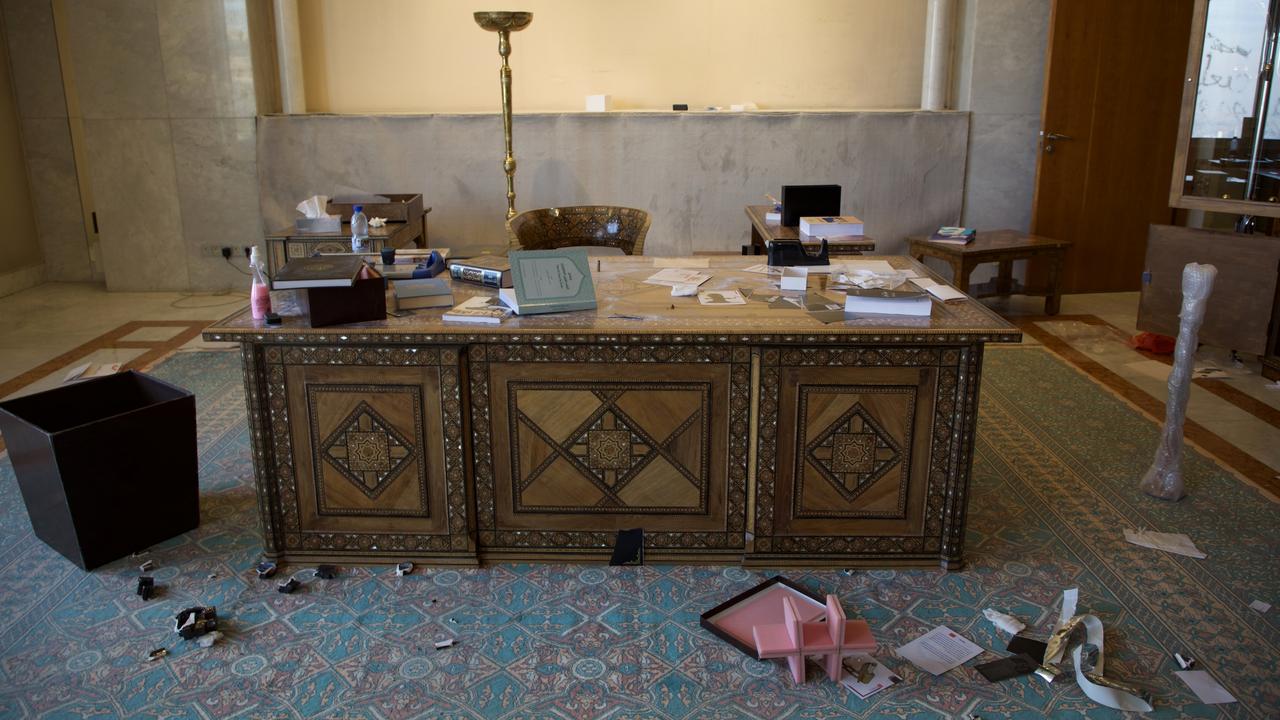
Among them is a photograph of the late Queen Elizabeth II and Prince Philip, apparently hand-signed by the former monarch.
The Queen met Assad and his wife, Asma, at Buckingham Palace in 2002.
Artworks, statues, gold chests and official portraits of Assad and his wife can also be seen littered throughout the sprawling mansion.
After seizing control of Damascus, forcing Assad and an entourage to flee to Moscow, rebels stormed the palace.
Countless items of varying value have been looted.
Vision emerged on Monday showing Assad’s enormous private collection of luxury cars, including Ferraris, Audis and Mercedes vehicles.

Russia’s role in Assad escape
The Kremlin arranged the “secure” transport of Assad and his family from Damascus to Moscow as the capital fell to rebel forces, Russia has confirmed.
The country’s deputy foreign minister Sergei Ryabkov was interviewed on NBC today, reiterating reports on Monday that Assad and his entourage had been granted asylum.
“He is secured, and it shows that Russia acts as required in such an extraordinary situation,” Ryabkov told the US news channel.
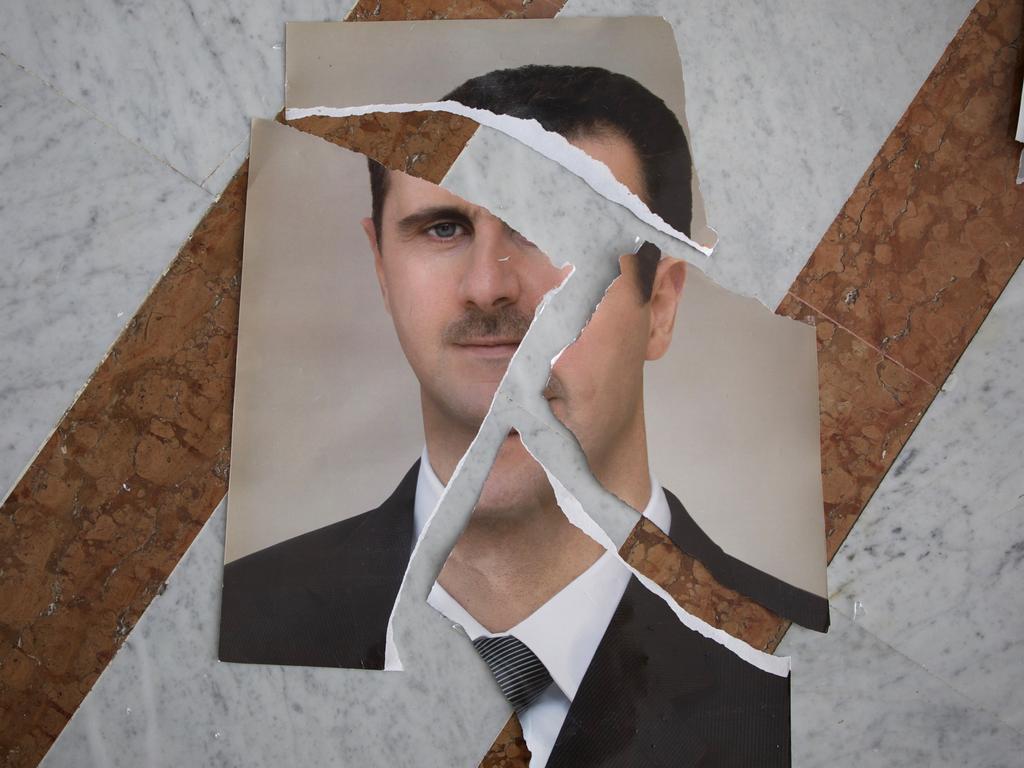
Russia had co-ordinated the escape of Assad and his family “in the most secure way possible”, he added.
Hundreds of thousands of civilians have been killed under the Assad regime’s watch, including scores of political prisoners detained and imprisoned in barbaric jails.
Since Assad was deposed at the weekend, there have been renewed calls for the dictator to face trial at the International Criminal Court of Justice.
Asked whether Russia would hand him over, Ryabkov pointed out Russia is not a party to the court’s convention.
“I have no idea what is going on with him right now,” Ryabkov said.




